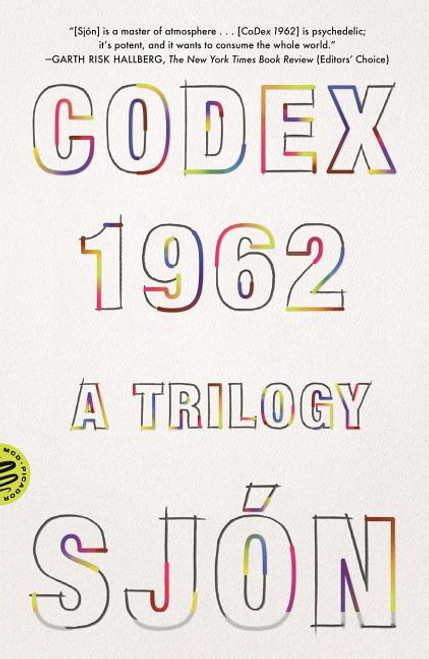J. G. Ballard's collected nonfiction from 1962 to 2007, mapping the cultural obsessions, experiences, and insights of one of the most original minds of his generation. J. G. Ballard was a colossal figure in English literature and an imaginative force of the twentieth century. Alongside seminal novels--from the notorious Crash (1973) to the semi-autobiographical Empire of the Sun (1984)--Ballard was a sought-after reviewer and commentator, publishing journalism, memoir, and cultural criticism in a variety of forms. The Selected Nonfiction of J. G. Ballard collects the most significant short nonfiction of Ballard's fifty-year career, extending the range of the only previous collection of his nonfiction, A User's Guide to the Millennium (1996), which selected essays and reviews published between 1962 and 1995.
A decade on from Ballard's death in 2009, a new generation of readers needs a new collection. In the period following A User's Guide, Ballard's writing addressed 9/11, British politics from New Labour onward, and what he termed "the rise of soft fascism"--a diagnosis that maintains its relevance amid a shift toward right populism in European and US politics. Beautifully edited by Ballard scholar and novelist Mark Blacklock, this volume includes Ballard's editorials and manifestos; commentaries on his own work; commentaries on the work of others; reviews; and more. Above all, it makes the case for the currency of Ballard's work at a contemporary juncture at which so many of his diagnoses concerning the media and politics have become apparent.
A decade on from Ballard's death in 2009, a new generation of readers needs a new collection. In the period following A User's Guide, Ballard's writing addressed 9/11, British politics from New Labour onward, and what he termed "the rise of soft fascism"--a diagnosis that maintains its relevance amid a shift toward right populism in European and US politics. Beautifully edited by Ballard scholar and novelist Mark Blacklock, this volume includes Ballard's editorials and manifestos; commentaries on his own work; commentaries on the work of others; reviews; and more. Above all, it makes the case for the currency of Ballard's work at a contemporary juncture at which so many of his diagnoses concerning the media and politics have become apparent.











